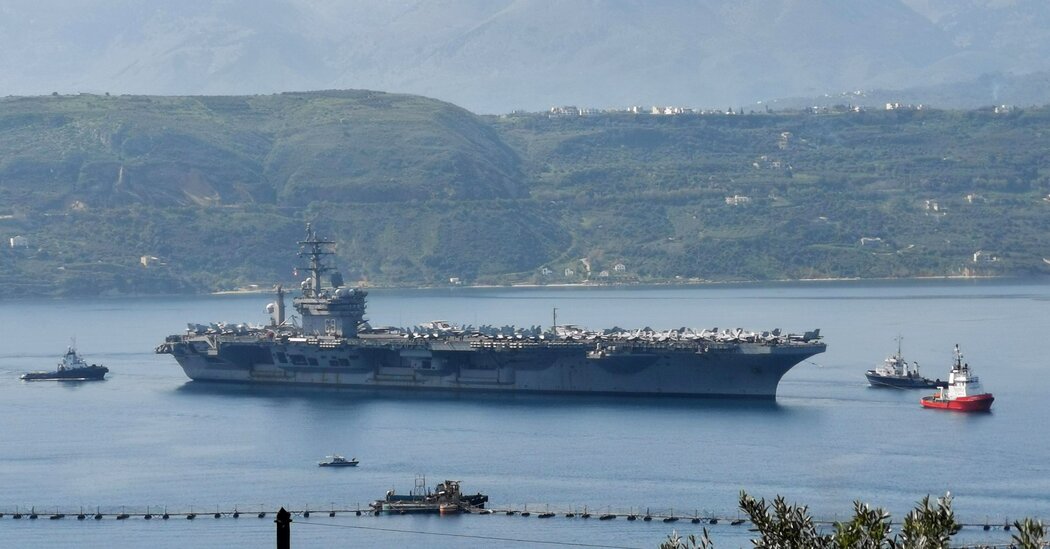The U.S. Army is Providing More Support for Hamas and Israel with Drone Warfare in the Middle East, as Replied by Austin III
Drone warfare has dramatically altered the dynamics in a number of recent conflicts—from Ukraine to Nagorno-Karabakh to Yemen—but not in the war between Hamas and Israel.
The earliest versions of its Qassam rocket were rudimentary: lightweight and capable of traveling just a few miles. In each successive generation of the missile, however, they became bigger, capable of flying farther, and equipped with larger warheads.
Hamas and Israel have engaged in a race over the past 20 years, with Israel trying to frustrate the efforts to develop the offensive capabilities of Hamas.
Like more than 20 non-state actors in conflict zones around the world, Hamas recognized that the drones could substantially upgrade its ability to wage war. Unlike its unguided missiles, which are designed to beat Israel’s air defenses simply by overwhelming them, drones are considerably harder to intercept. They fly low and don’t travel in a predictable, parabolic arch. As a number of countries have recently learned, thwarting an advancing drone—much less a number of them—is a tricky problem to solve.
Secretary of Defense Lloyd J. Austin III said in a statement on Saturday that the United States is Sending a Thaad battery and two more battalions to the region. He did not specify where or how many battalions would be deployed, nor did he say how many troops would be told to “prepare to deploy.” The U.S.S. Dwight D. Eisenhower aircraft carrier will now be “redirected” to the Central Command’s area of responsibility, the statement said, a region that encompasses much of the Middle East, including Israel and Lebanon.
Since Hamas attacked Israel on Oct. 7, killing at least 1,400 Israelis, the United States has increased its troop presence in the region and sent more military supplies to Israel as Israel prepares for a possible ground invasion of the Gaza Strip. In a rare speech from the Oval Office on Thursday, the President warned Iran and its allies not to get involved in the war, and said he would seek more military aid for Israel from the Congress.




